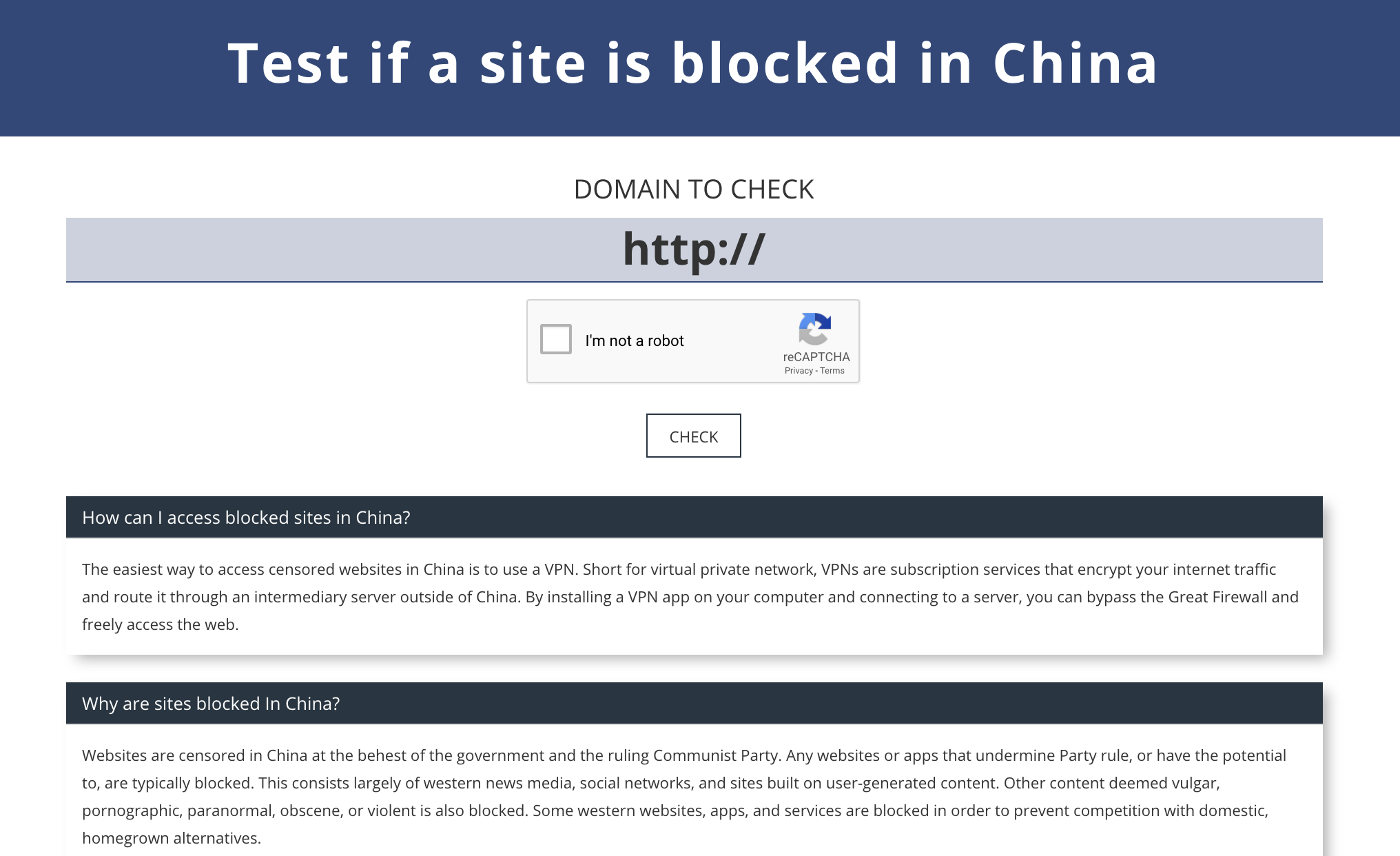Email security is a big issue right now. Hillary Clinton may be the most famous (or infamous) story concerning the safety of email messaging, but across the world individuals and organisations are finding that email communication isn’t as safe as it needs to be.
In China, data security is always somewhat of a hot potato. It’s an open secret that Chinese Government officials spy on internet traffic and analyse emails (although they officially deny this), while terms such as ‘Ferrari’, ‘democracy’ and ‘Tianenmen Square’, among hundreds of others, are blocked from search results in the country’s version of Google, Baidu.
And when it comes to email, the People’s Republic has a number of issues with that too. I take a look at China’s problems with email:
Unreliable Inboxes
China’s strict censorship program means that writing or receiving emails that included blacklisted terms could get users, whether they’re doing so maliciously or not, noticed by the authorities and potentially intercepted. That’s bad news for businesses, who depend on reliability.
Derek Capo, the Chief Executive Officer of Next Step China told Entrepreneur.com that some of his emails had been blocked or deleted without his permission in the past. What’s most frustrating for businesspeople working with China is that the rules are seemingly changeable and random, which affects productivity and restricts businesses’ ability to make prudent future decisions and investments.
Will Ackerley, who used to work as a Cloud Security Architect for the National Security Agency, told CNBC that some people, particularly those in industries that dealt with sensitive communications, had to take extreme steps to stop Chinese authorities intercepting information.
“One security officer at a newspaper mentioned that when their employees travel to China, they are given a burner laptop and a burner email address.”
It’s an extreme, not particularly efficient, solution to a relatively simple problem – and not one that’s suitable for many IT departments.
No Access to Popular Western Emails
Of course, it’s all well and good worrying about one’s emails being read, filtered or intercepted, but it’s another problem entirely if you can’t access your inbox in the first place. That’s what users of Gmail , Outlook find – as well as those who want to access sites such as Facebook, Twitter and Dropbox.
VPNs Aren’t Reliable Enough
VPNs, which encrypt traffic, are used as a way to both access blocked Western email providers and prevent messages getting intercepted by the authorities.
However, many entrepreneurs and IT managers find that VPNs often aren’t the all-encompassing answer for an ambitious business. For personal use, VPNs are often an excellent solution, but slow speeds, data outages and continued state censorship means that they’re just not reliable enough as a permanent business option – especially when big investment relies upon it.
Find Out More About Emails and Data Security in China
Maytech provides a way for businesses to communicate and send files to China completely securely – and without relying on erratic state internet speeds. Find out more about Maytech’s solution on file sharing to China today. Or, read more on our blog:



Leave a Reply
You must be logged in to post a comment.